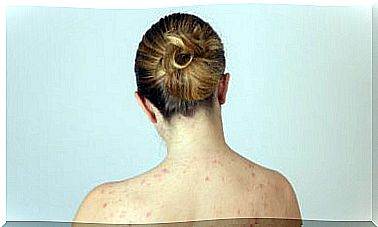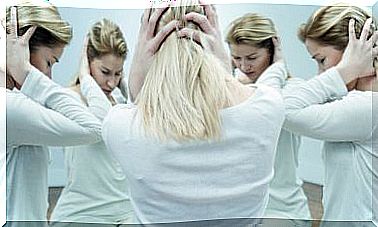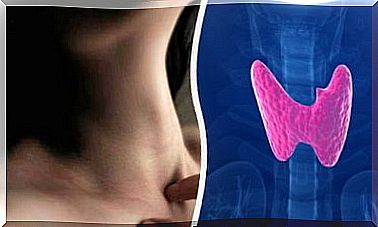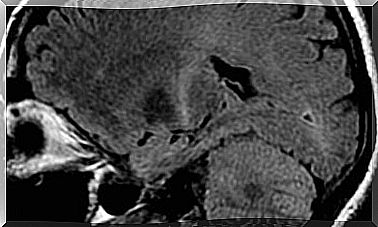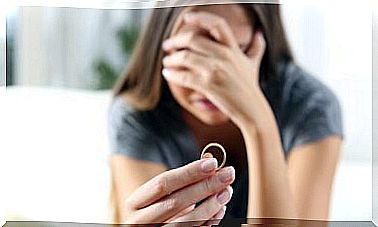Palpitations: Why They Are Caused, How To Treat Them
To prevent palpitations it is very important to eliminate the consumption of those elements that may influence its appearance. Two very significant are tobacco and alcohol, which tend to accelerate the heart rate.
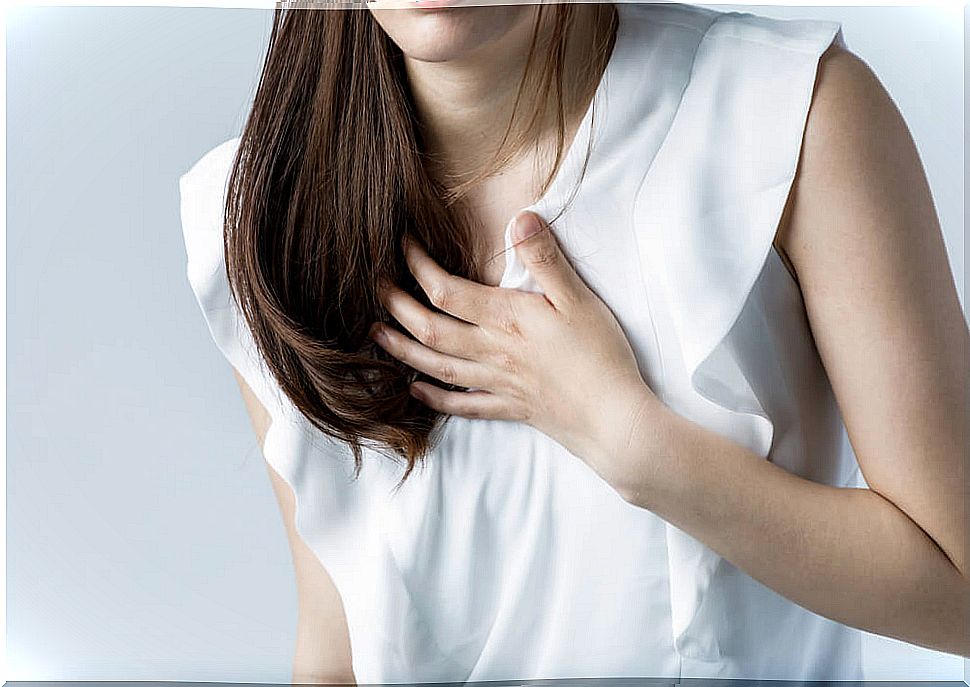
Heart palpitations are very common. And although they are generally ignored, some people experience them unpleasantly and worry about them.
However, experiencing them does not necessarily mean that you have a serious health problem. In fact, the sensation of a racing heart is not usually due to heart disease. However, you have to be vigilant. In this article, we will tell you more about it.
Remember that if you experience palpitations very frequently and other discomforts, you should see your doctor for a check-up. This way it will be possible to determine what is happening and how to treat it appropriately.
What to know about palpitations?
As we have been commenting previously, the fact of feeling palpitations is not always bad, this is confirmed by doctors Thompson and Shea. Some people find them unpleasant and alarming, but they rarely indicate a life-threatening heart disorder. Many people without heart disease also have palpitations at specific times.
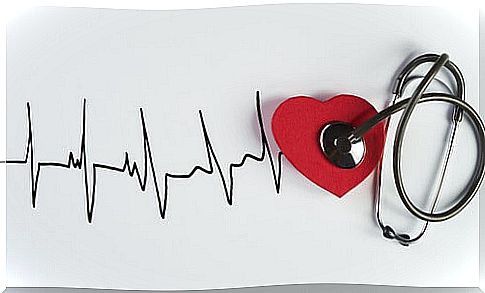
On the other hand, doctors comment that, sometimes, people can feel their heartbeat more strongly or faster than usual and this can be due to various reasons, including:
- Anemia.
- Fever.
- Exercise.
- Arrhythmias
- Dehydration
- Arterial hypotension
It can also be due to issues such as:
- Excessive consumption of coffee.
- Drug and alcohol use.
- Anxiety, stress, fear, among other intense emotional states.
It must be taken into account that, in principle, palpitations are a consequence of the release of the hormone adrenaline. For this reason, it is normal for them to appear in a situation of fear or a lot of emotion.
It is also common for them to be triggered by a panic attack or by the presence of imminent danger. In some people with hyperthyroidism, palpitations are recurrent.
Are palpitations dangerous?
Palpitations are not a sign of health risk if they occur from time to time, or in specific situations, such as intense exercise, for example. However, if they occur regularly and are increasingly bothering, it is time to go to the doctor for a check-up.
It is important to specify the periodicity of the episodes and detect if they are increasing, when they constitute a regular event and not an exception, etc.
Some of the discomforts that can accompany palpitations are: dizziness, nausea, tiredness, cold sweat, weakness, shortness of breath, feeling short of breath, feeling that the heart is beating too hard, chest pain and, in more cases sharp, fainting.
How to avoid palpitations?

Good habits or the way you deal with problems and various life situations can help minimize palpitations. Some of the tips to reduce or prevent them are the following:
- No Smoking.
- Eat Healthy.
- Avoid excesses.
- Stop drinking alcohol
- Moderate your coffee consumption.
- Perform low intensity exercise daily.
- Reduce stress or anxiety levels through relaxation techniques such as yoga, meditation, or deep breathing.
It would also be convenient:
- Analyze the medications that are being consumed.
- Specify a family history of heart disease, high blood pressure or strokes.
What to do in an episode of stress palpitations?
At the same moment in which the heart rate begins to be irregular, you have to sit down and put your feet on the ground. The next step is to breathe slowly and deeply so that the abdomen expands each time air enters the lungs. In this way, the heartbeat will return to normal, little by little.
Of course, it is also recommended to stay calm and not panic. Other useful techniques can be the following.
Valsalva maneuver
It consists of covering your nose, closing your mouth and exhaling, even if you cannot get the air out of either place. This will increase the pressure in the chest and allow the heart rate to reestablish. An article published in the SEMERGEN magazine corroborates this.
Cough
This procedure is believed to increase pressure in the chest. It is sometimes used in people with pre-infarction symptoms and some claim that it is effective in reducing palpitations. However, these types of maneuvers are not endorsed by doctors.
Drink cold water

Those who believe in the effectiveness of this technique maintain that when receiving cold water the esophagus exerts a greater pressure on the heart. There are also people who wet their face with ice water. No scientific evidence was found that these actions have any efficacy or safety on palpitations.
Do not forget…
Before concluding, it is worth noting that frequent palpitations should always be analyzed by a doctor, so that it is he who determines the causes that trigger them and what is the most appropriate treatment.
